Speaking at the forum, Associate Professor Dr. Tran Dinh Thien, member of the Prime Minister's Policy Advisory Council and former Director of the Vietnam Economic Institute, affirmed that energy is a prerequisite for the national development strategy. He said that the 2015-2023 period witnessed the boom of wind and solar power, but this development also revealed shortcomings such as unsynchronized planning and overlapping procedures. Associate Professor Dr. Tran Dinh Thien emphasized that to achieve the goal of becoming a high-income country by 2045, Vietnam needs to maintain growth of 8-10% per year in the 2026-2030 period. This requires a huge demand for energy, with an estimated need to add 150,000 MW of renewable energy by 2035.
To meet that demand, capital and institutional bottlenecks are major obstacles. Citing an analysis by Dr. Can Van Luc (Chief Economist of BIDV, member of the National Financial and Monetary Policy Advisory Council), Associate Professor Dr. Tran Dinh Thien said that each year Vietnam needs to mobilize 240-245 billion USD, of which the electricity sector alone accounts for more than 21 billion USD. The state budget only meets about 35%. According to statistics from the Ministry of Finance , there are currently more than 2,200 projects with a total capital of about 6 million billion VND stalled due to procedural and legal problems, directly affecting large-scale energy projects.
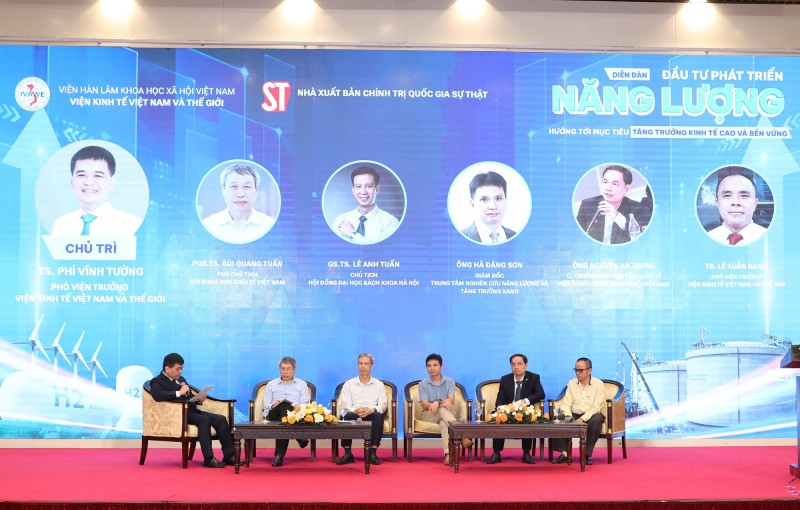 |
| Speakers discuss at the Forum. (Photo: Government Newspaper) |
In addition, challenges in technology and human resources are also urgent. According to Mr. Ha Dang Son, Director of the Center for Energy and Green Growth Research, there is no absolutely optimal energy technology. Nuclear power is stable but expensive; solar power is cheap but unstable; and wind power has great potential but Vietnam depends on foreign technology. Adding to this issue, Mr. Le Anh Tuan, Chairman of the Council of Hanoi University of Science and Technology, emphasized the importance of high-quality human resources. "We need well-trained engineers, masters, and doctors, associated with research and application," said Mr. Tuan.
Another issue is the efficiency of energy use and transmission infrastructure. Associate Professor, Dr. Bui Quang Tuan, Vice President of the Vietnam Economic Science Association, pointed out the paradox that many solar power projects have generated electricity but cannot release capacity because the transmission system cannot keep up. He said that institutions must be open to allow the private sector to participate in investing in transmission infrastructure, while building a transparent electricity market.
Regarding development orientation, Mr. Nguyen Quoc Thap, Chairman of the Vietnam Oil and Gas Association, said the goal is to strongly develop offshore wind power combined with other renewable energies to produce new energy such as hydrogen and green ammonia for domestic use and export.
Speaking at the event, Dr. Ta Dinh Thi, Vice Chairman of the National Assembly's Committee on Science, Technology and Environment, affirmed that the forum will synthesize and refine recommendations to contribute to the Government in formulating national energy policies.
Source: https://thoidai.com.vn/nganh-nang-luong-viet-nam-can-go-4-nut-that-de-but-pha-tang-truong-215720.html




![[Photo] President Luong Cuong attends special political-artistic television show "Golden Opportunity"](https://vstatic.vietnam.vn/vietnam/resource/IMAGE/2025/8/22/44ca13c28fa7476796f9aa3618ff74c4)
![[Photo] President Luong Cuong receives delegation of the Youth Committee of the Liberal Democratic Party of Japan](https://vstatic.vietnam.vn/vietnam/resource/IMAGE/2025/8/22/2632d7f5cf4f4a8e90ce5f5e1989194a)

![[Photo] Prime Minister Pham Minh Chinh chairs the conference to review the 2024-2025 school year and deploy tasks for the 2025-2026 school year.](https://vstatic.vietnam.vn/vietnam/resource/IMAGE/2025/8/22/2ca5ed79ce6a46a1ac7706a42cefafae)

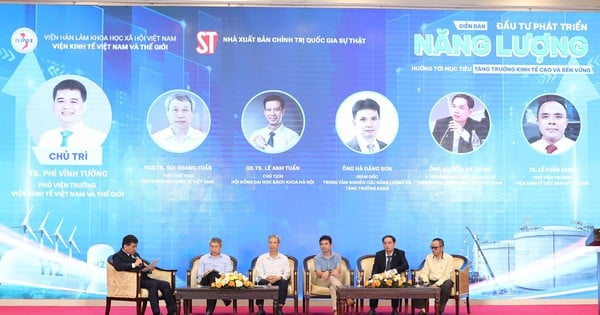

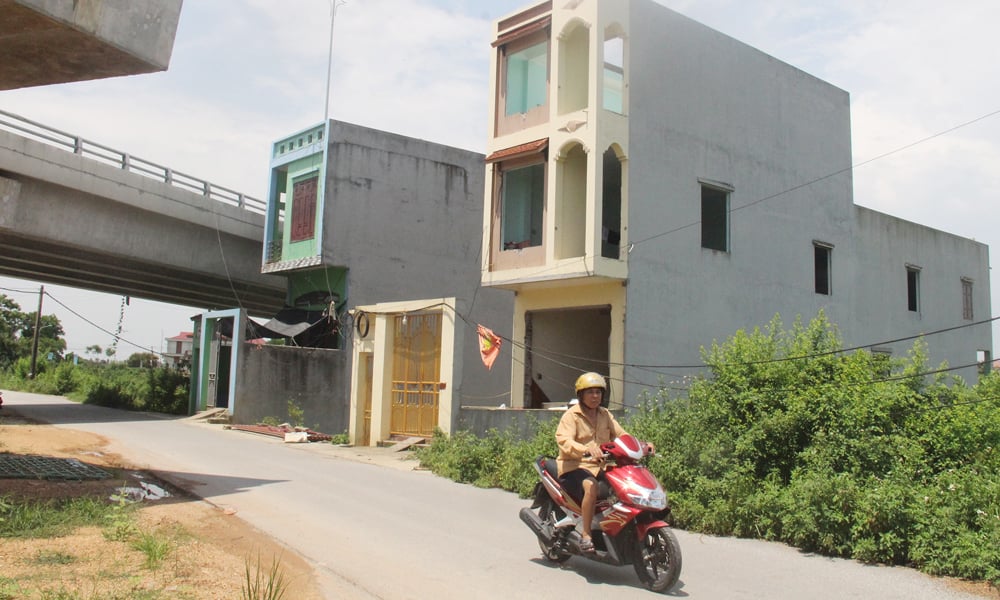

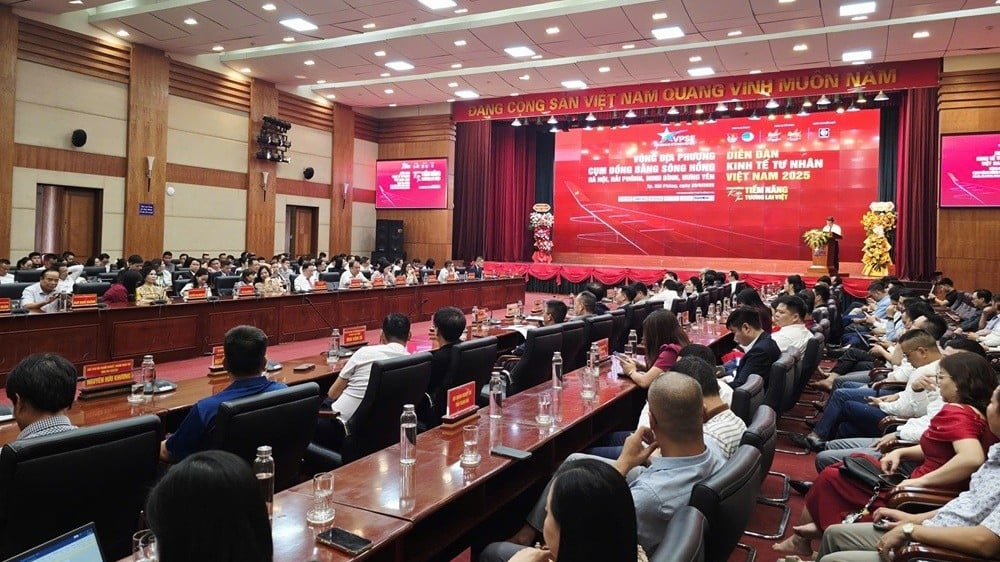
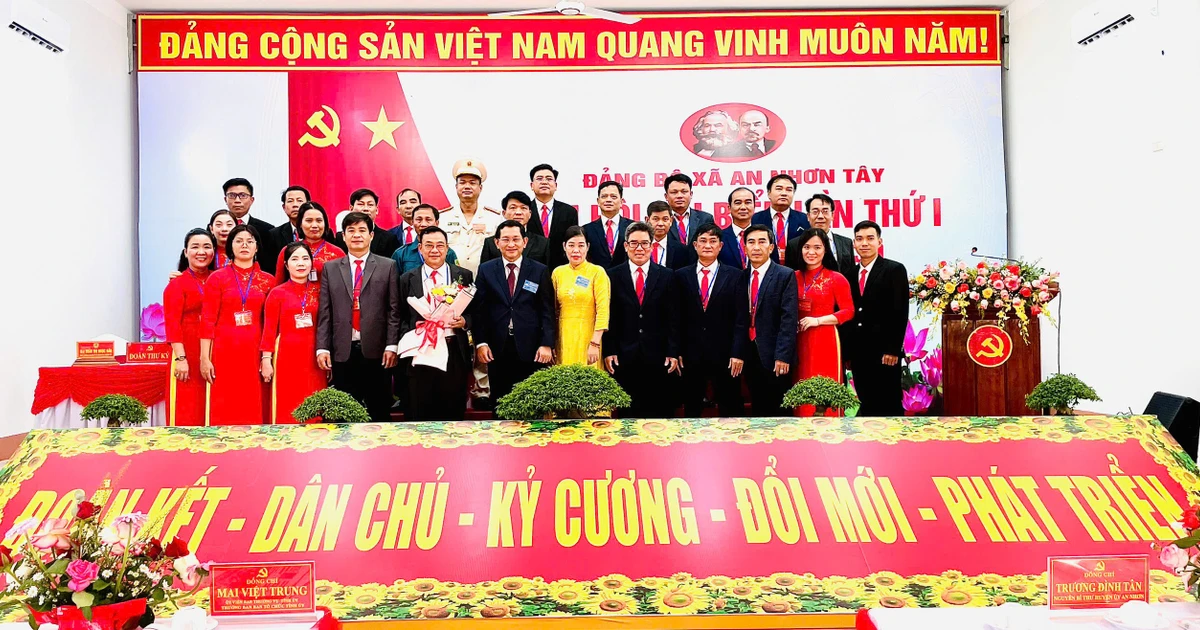

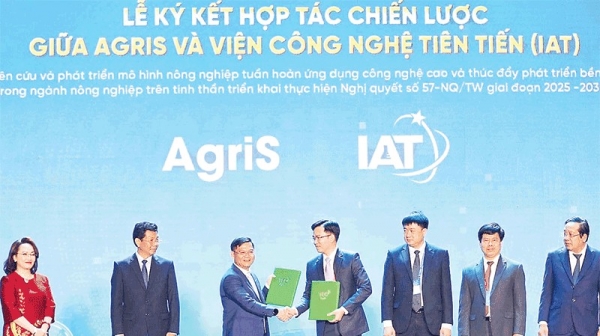
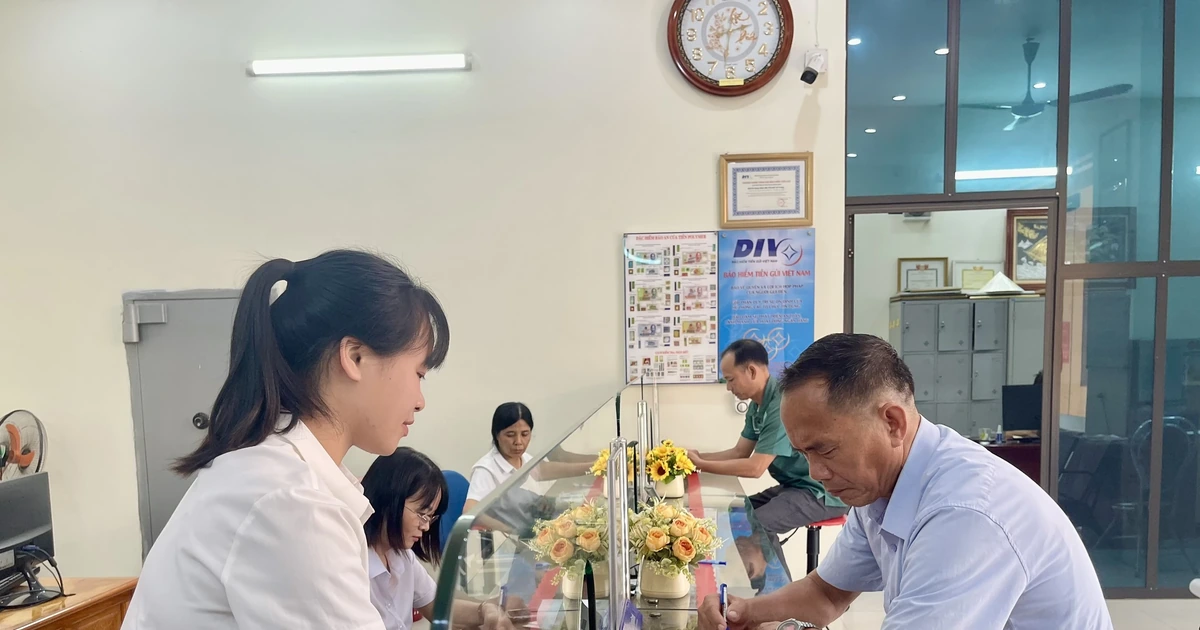

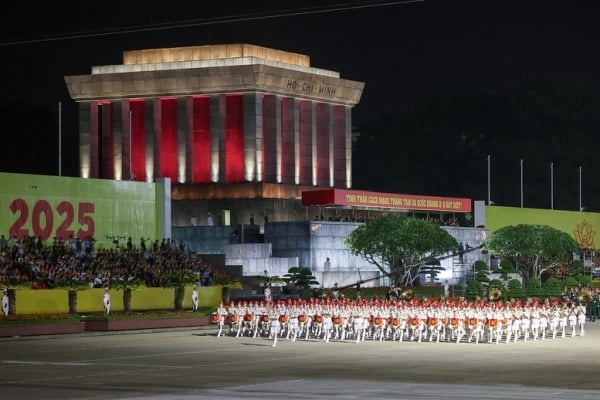
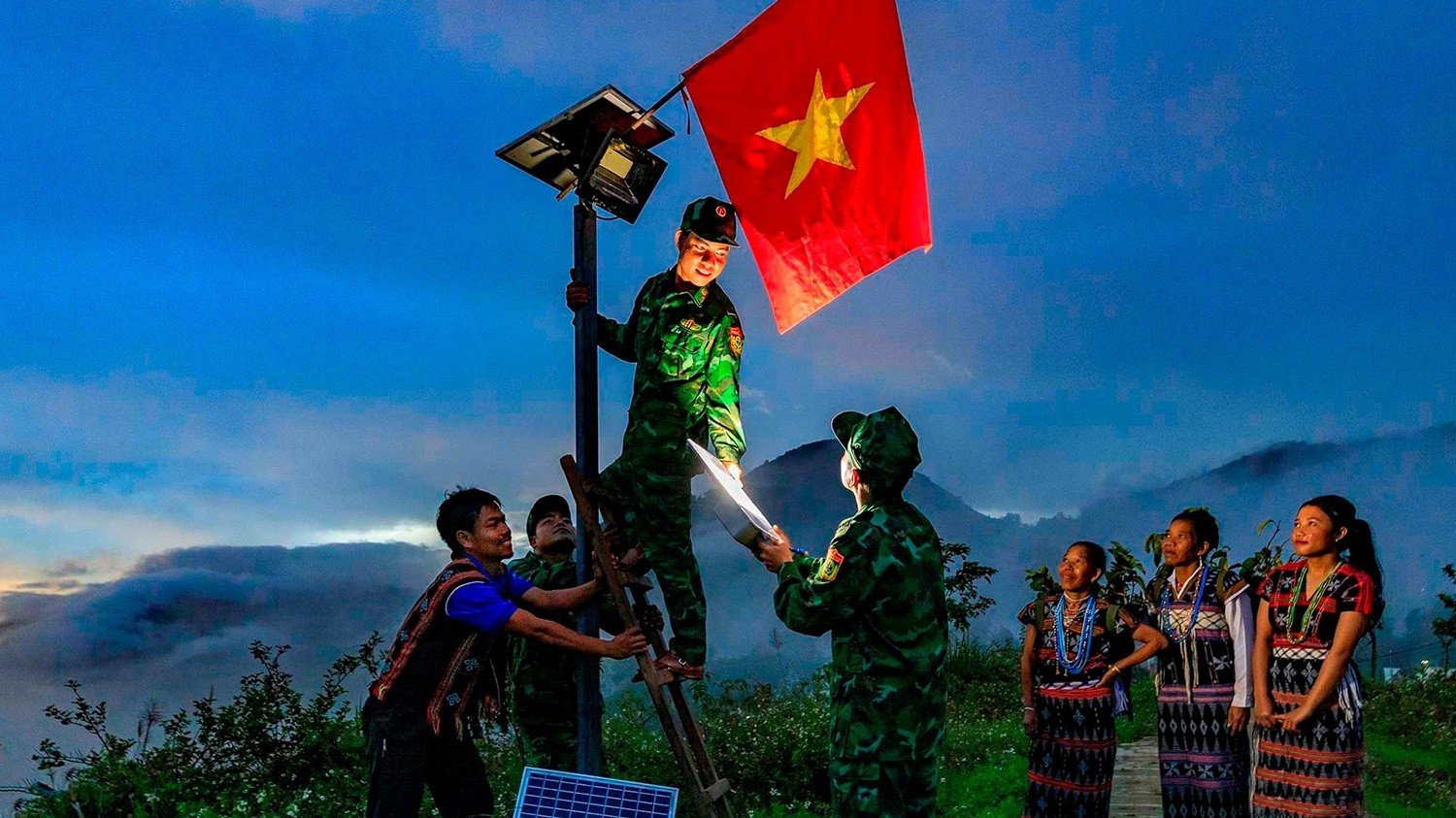
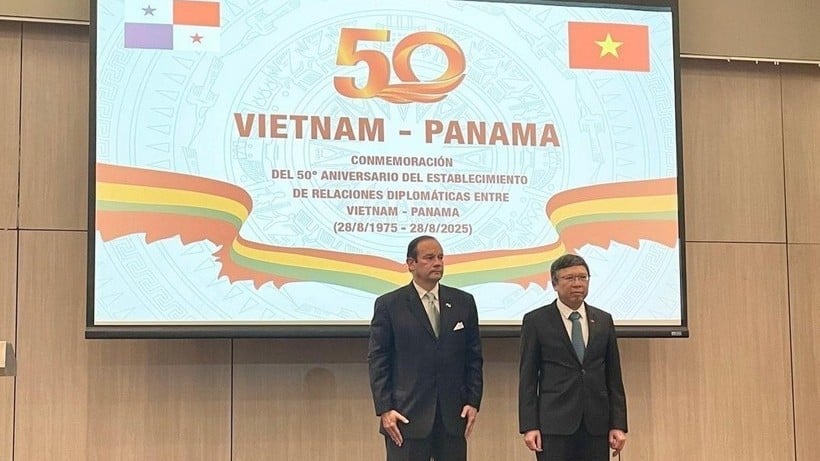
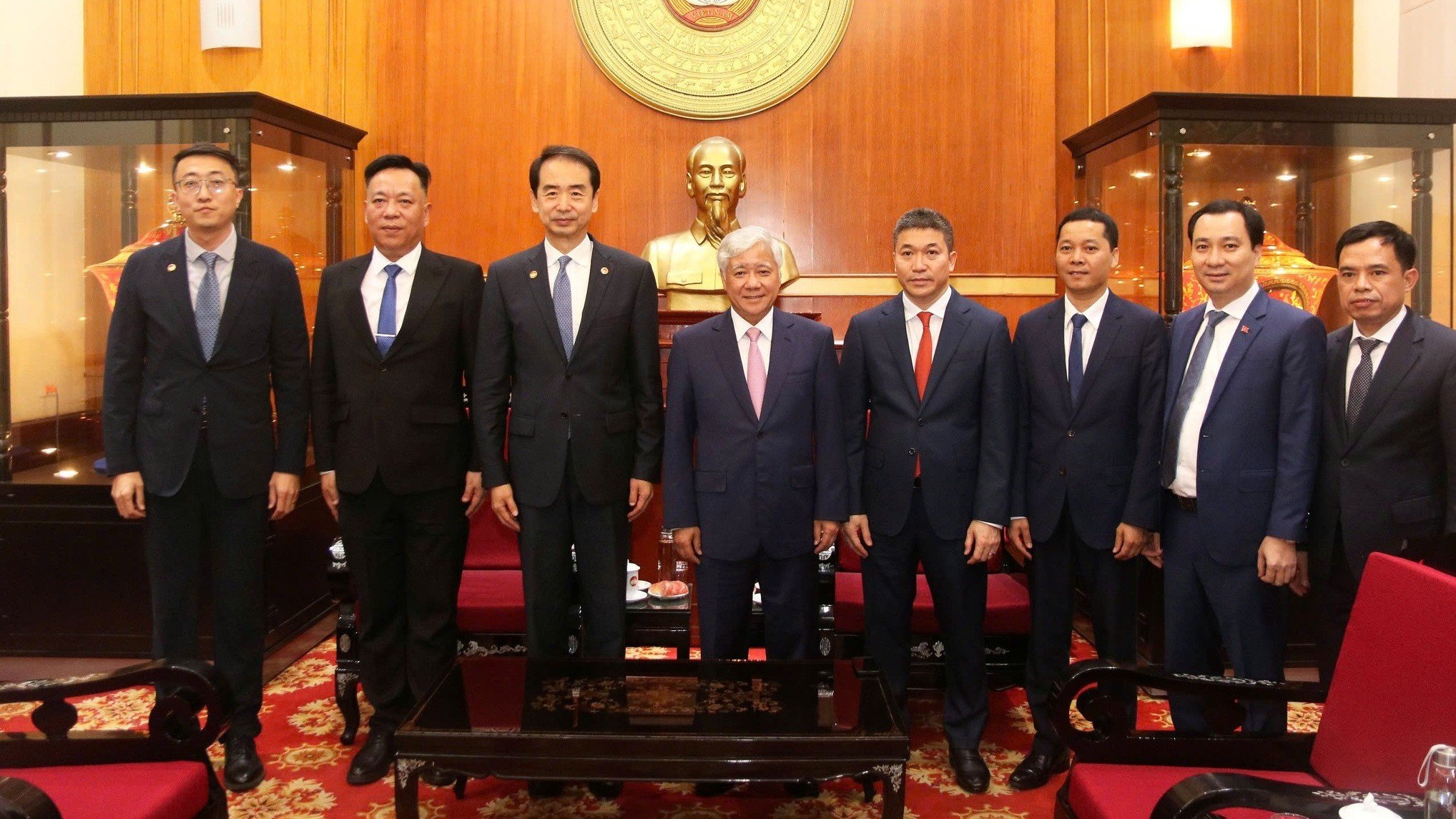
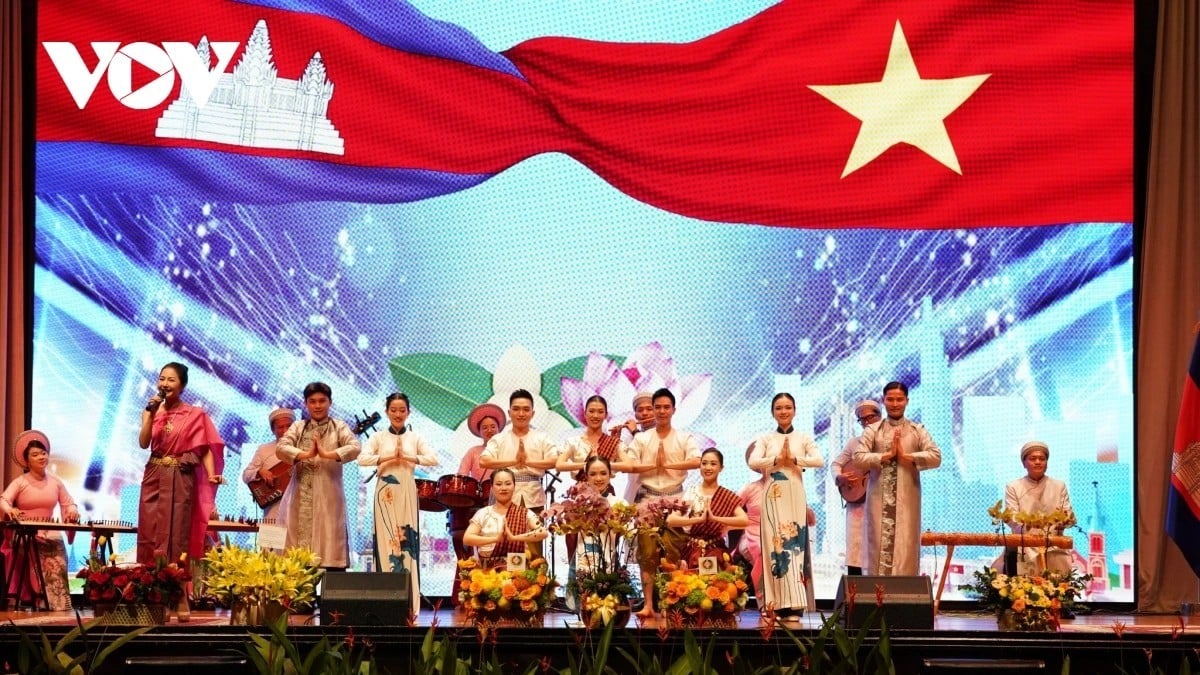
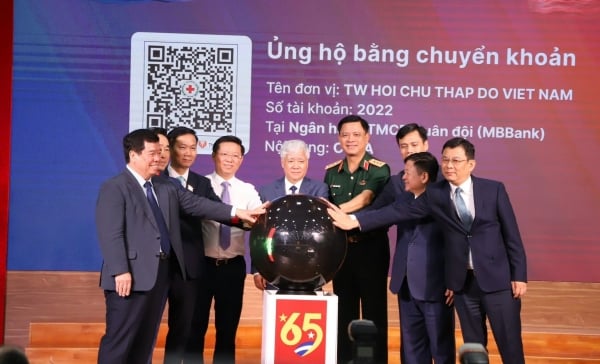





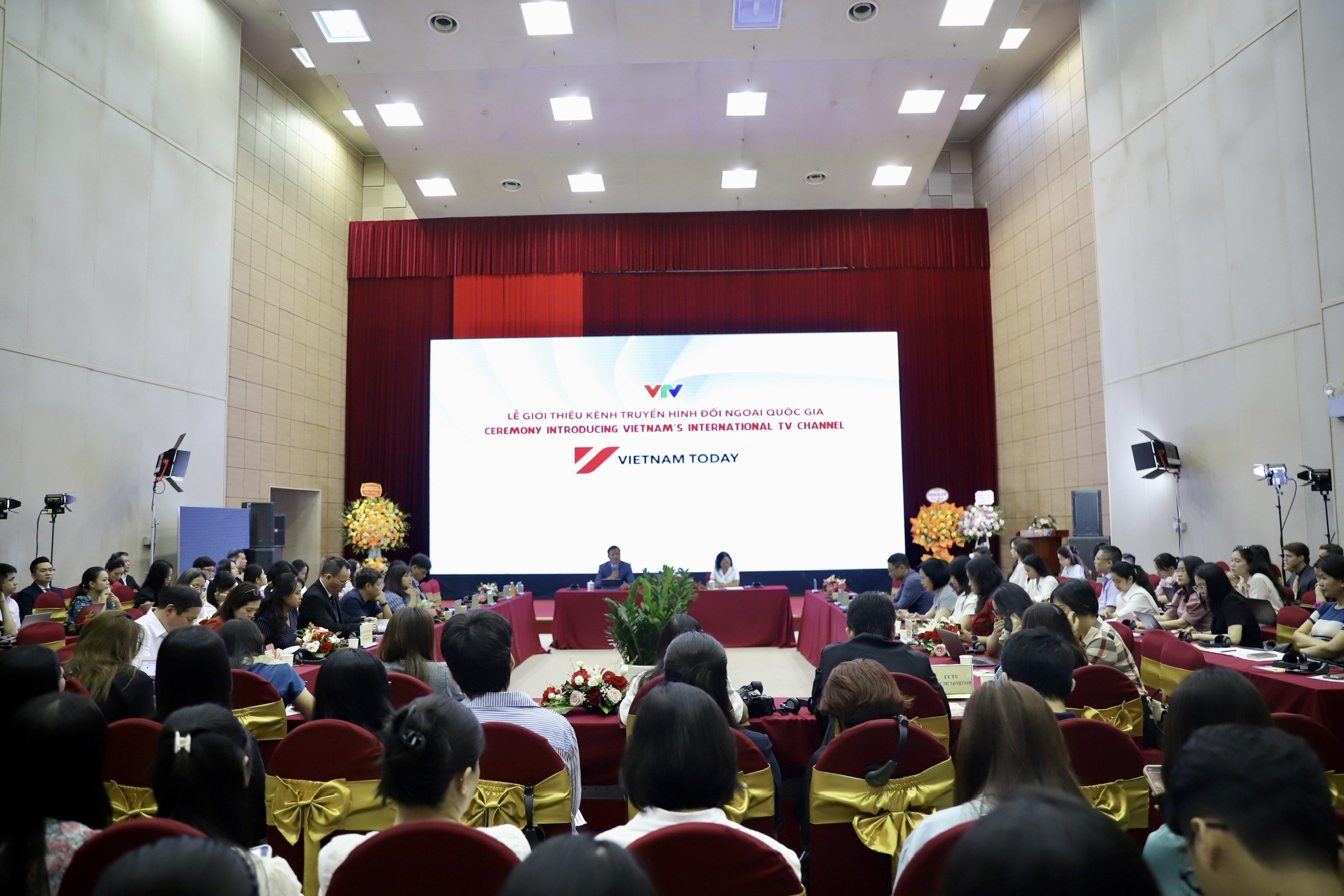

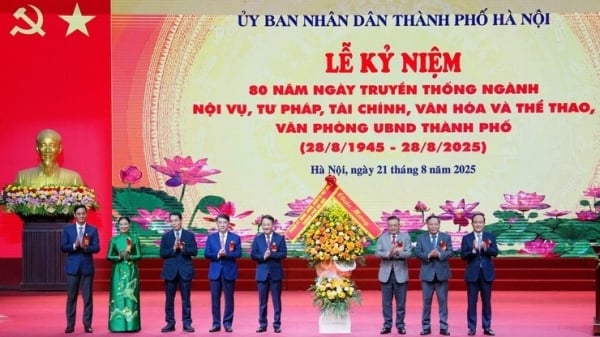
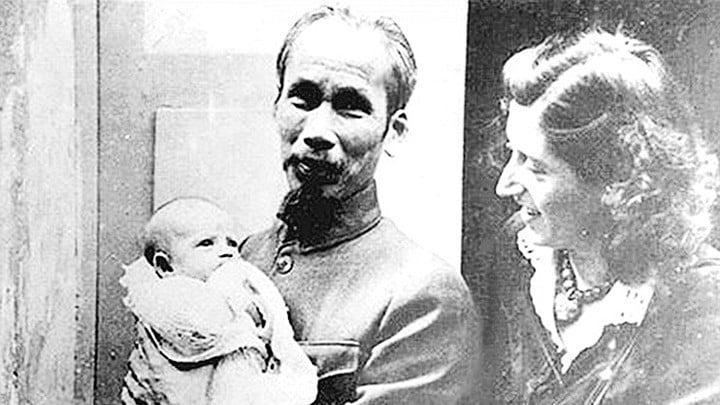






































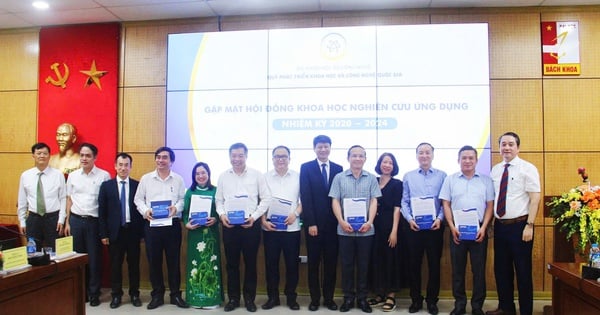










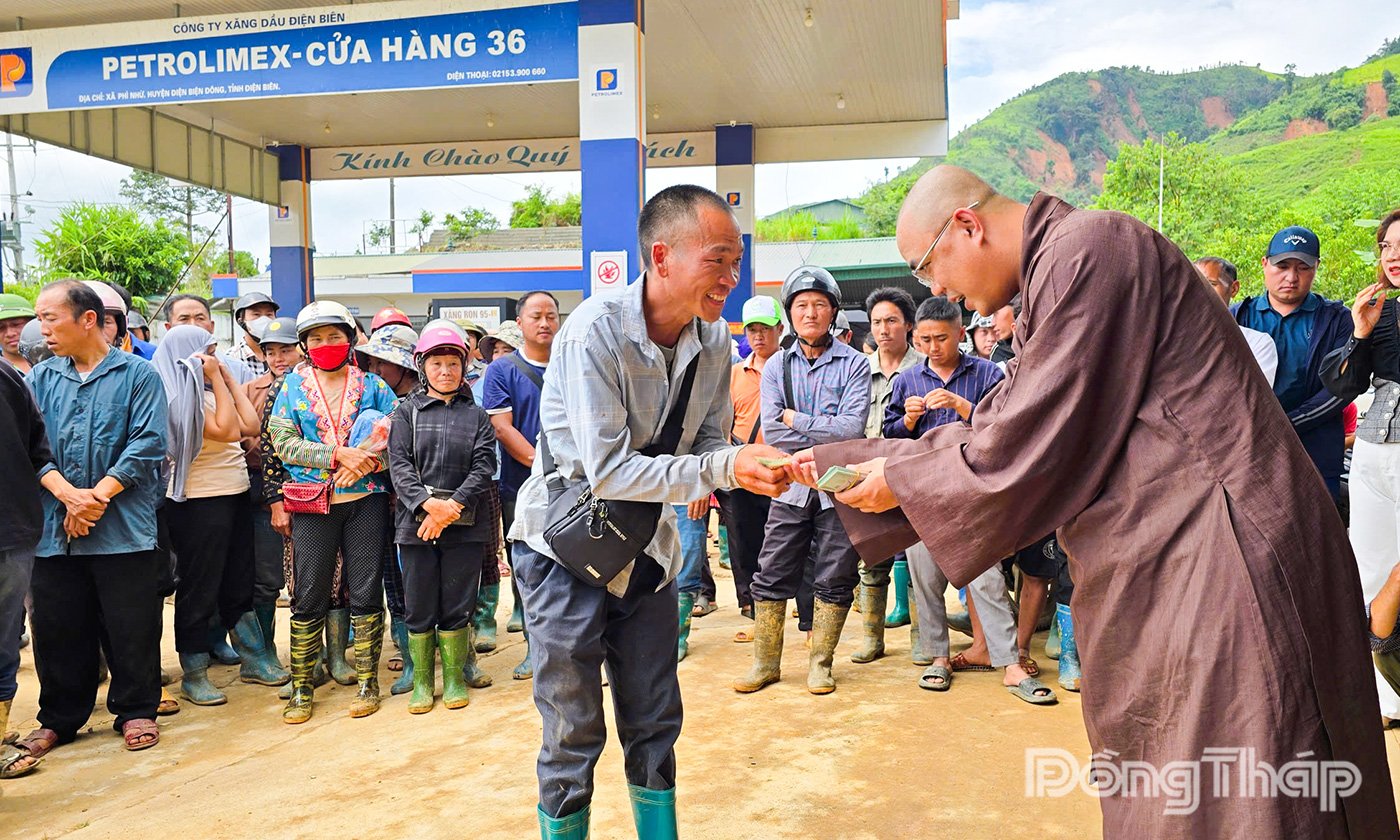

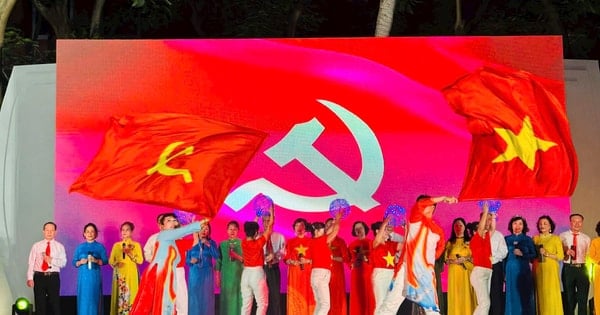

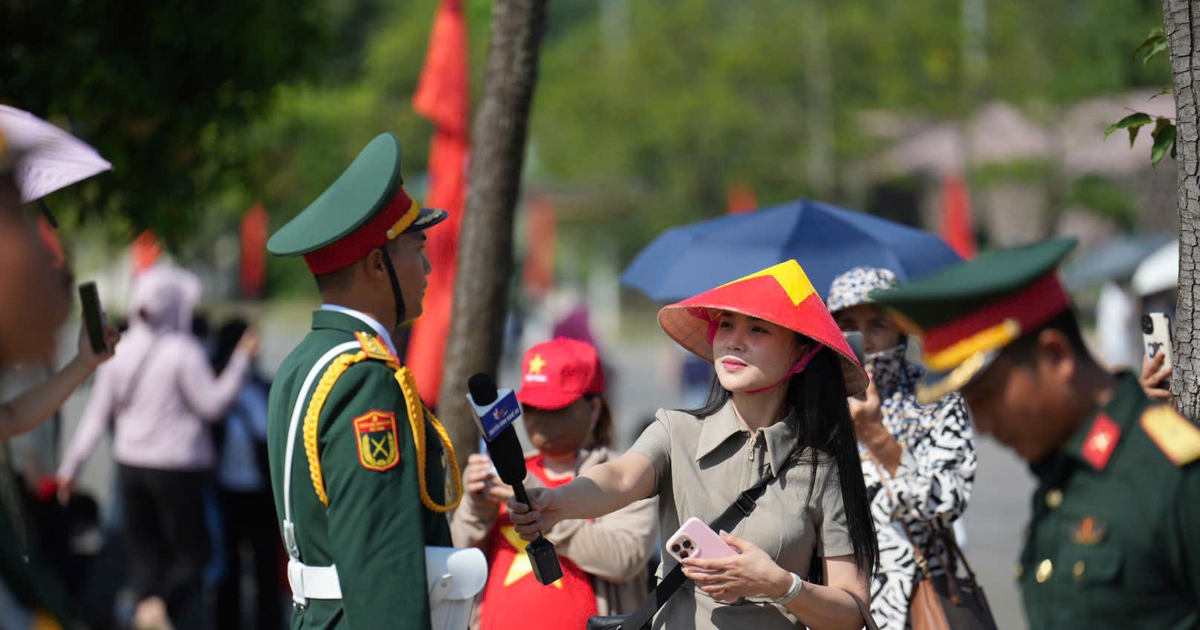

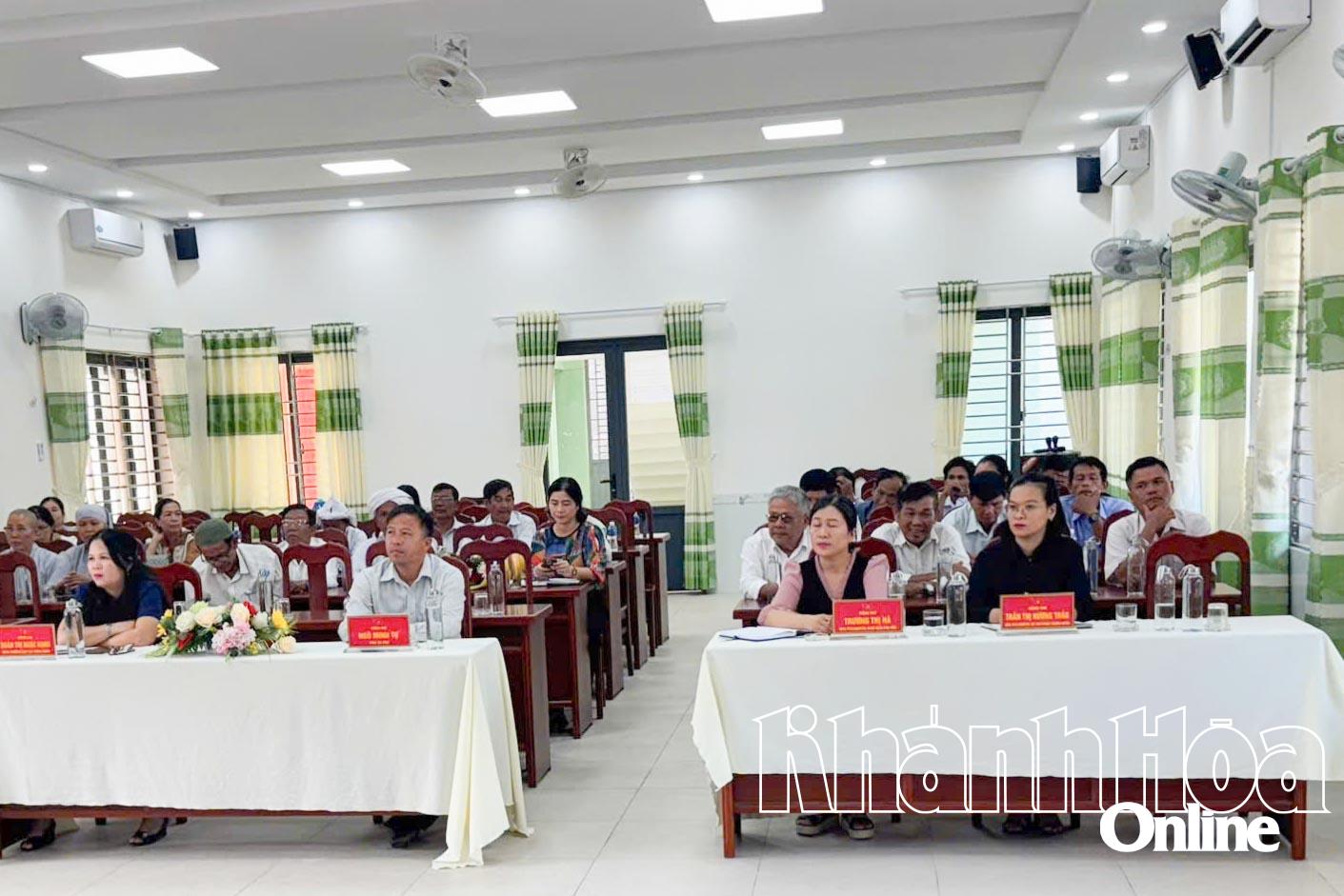

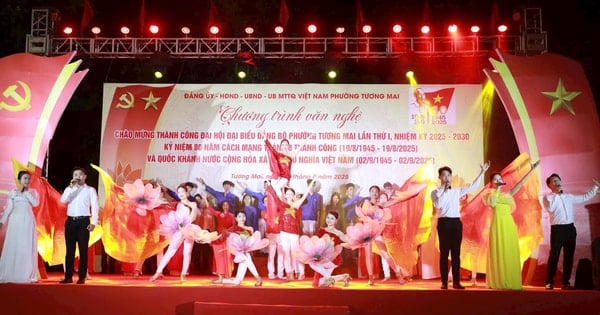













Comment (0)